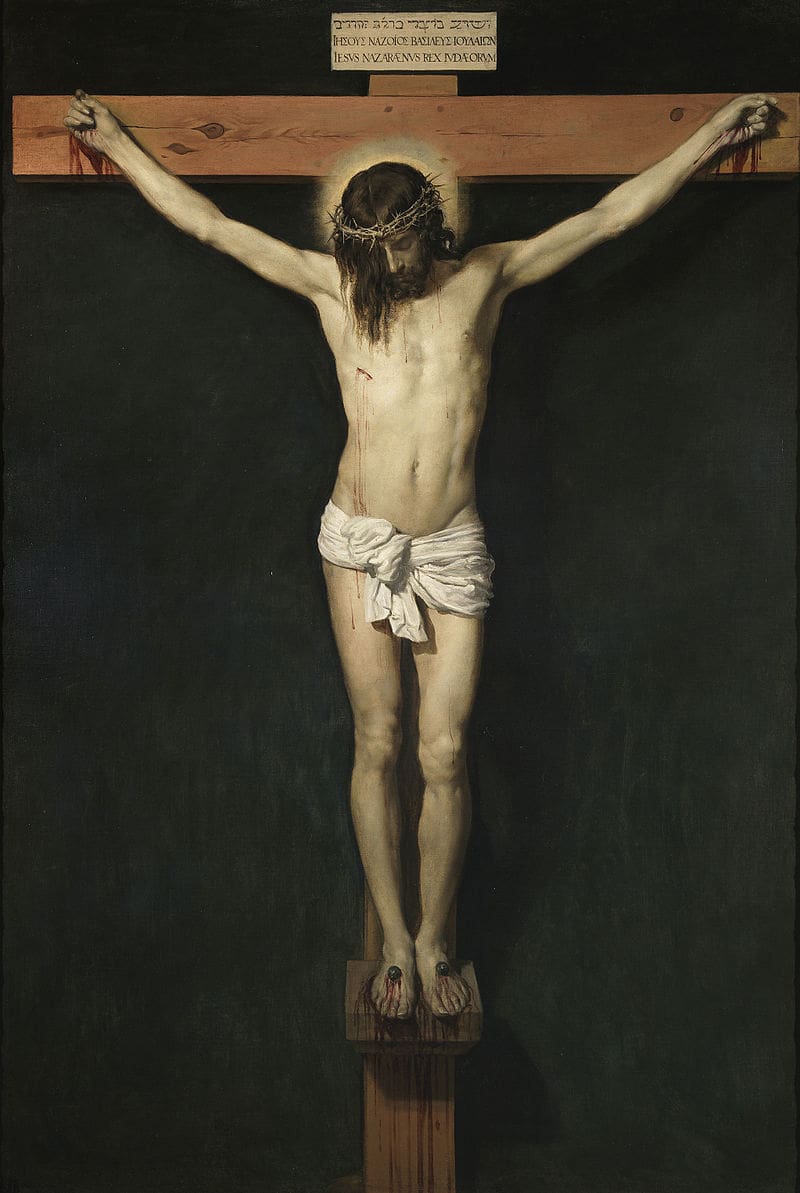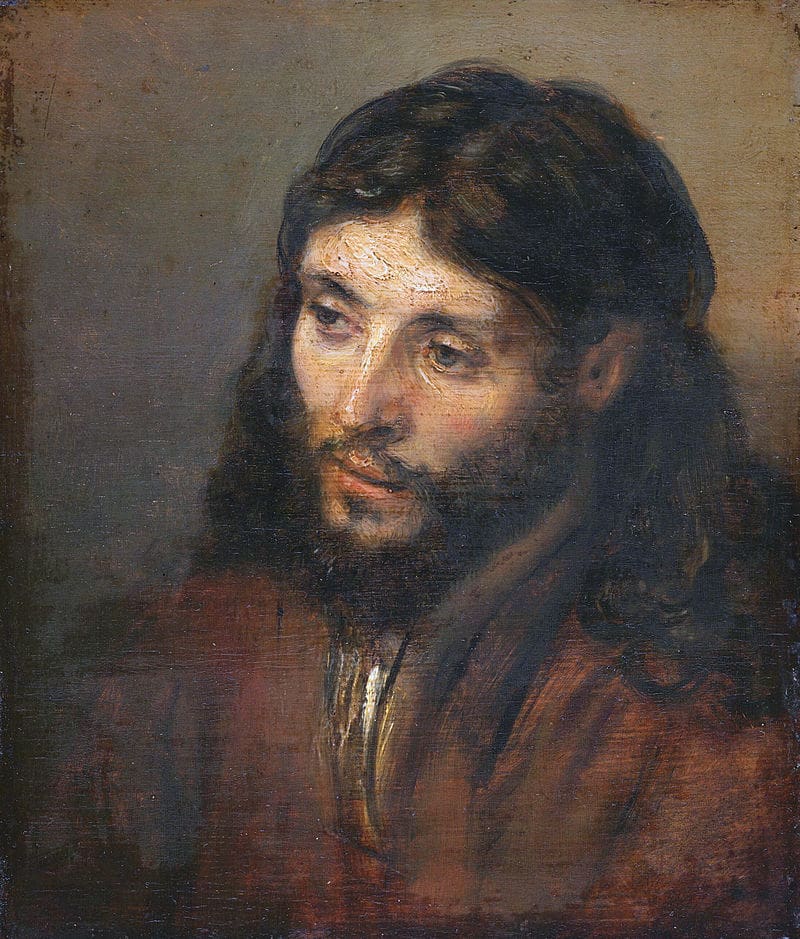Not everything Catholic is easily understandable. The meaning and use of “indulgences” is one such element. Their apparent abuse at the time of Martin Luther and the Protestant rupture to which indulgences are irrevocably tied have made a complex practice even more difficult to comprehend. The resulting ignorance has hampered Catholics from taking full advantage of the spiritual goods which indulgences offer as occasions of grace, holiness, and solidarity with others—particularly in this Year of Mercy.
Indulgences rest on three premises: 1) sin, even after it is forgiven, has long-standing consequences; 2) all men and women, especially the baptized, are able—in fact, bound—to assist one another; and 3) the prayers, sacraments, and actions of the Church are a “salve” (not unrelated to “salvation”) to injuries and imperfections.
First, sinful, evil actions have many ill effects, what the Church calls a “double consequence.” A sin breaks our communion with God (in the case of serious sin) or at least weakens it (as in the case of a lesser or venial sin). This rupture is called by the Church the “eternal punishment” of sin, and it is remitted principally in the Sacrament of Confession or, as may be more aptly called in this discussion, of “Reconciliation,” since it reconciles us with God. In addition to the breaking or weakening of the relationship with God, sin also entails a “temporal punishment,” which is an unhealthy attachment to something other than God, a disordered way of thinking and acting.
Consider it this way: I may tell a lie about a coworker and, after coming clean, receive her forgiveness – but her reputation may be sullied and my propensity to lie remain, and for these I must make reparation. These are the “double consequences” of sin: the broken communion with the one offended and from which I seek reconciliation and forgiveness and, even after forgiveness is received, the consequences that remain – the her shattered reputation and my disordered deception– to be repaired. The practice of “indulgences” deals not with performing an action in order to obtain forgiveness but with these “temporal punishments” of sin. To “be perfect, as my heavenly Father is perfect” (see Matthew 5:48), these disorders need to be purged in the world to come in Purgatory, or in this life via prayer, charity, virtue, sacraments – and with the help of indulgences.
The second key to understanding indulgences is found in the bonds we share, not only naturally but especially supernaturally. A human being shares natural bonds with others, whether his family, city, or nation. In these relationships, we are required to show a certain solicitude toward others, and others in turn are bound to show us a degree of care. Justice, friendship, generosity, piety and other virtues help define the nature of relationships even before such relationships are considered Christian. Natural bonds are only strengthened with faith and the supernatural life. St. Paul’s analogy of the Church as the Mystical Body presumes the natural integrity and unity of a biological, human body. Not only do men and women care for one another from naturally altruistic motives, but all in the Church work for the good and salvation of others. Because I have sinned, “I ask blessed Mary ever-Virgin, all the Angels and Saints, and you, my brothers and sisters, to pray for me to the Lord our God.” Thus, I pray the Confiteor in Mass for others; and others in turn pray for me. This supernatural ability we have to assist one another is likened to the “Church’s treasury,” provided by the merits of Christ’s saving death and resurrection, and available to all through the bonds of charity and love.
While the bad news is that the consequence of sin is disorder, a punishment not necessarily inflicted by God but brought upon ourselves from not living rightly, the good news is that we can help one another—even the dead “whose lives have changed, not ended”—to overcome temporal punishment. How we do help one another? One way is through indulgences. But we must understand one more thing about indulgences.
These gifts of Christ for his Church are not magic; they are not automatic and mechanical incantations that force God’s forgiveness; they are not commodities that buy grace or heaven or happiness—any more than sacraments, rites, or prayers are. Rather, an indulgence is the elimination, in full or in part, of temporal punishment due to sin when we sincerely and devoutly perform some approved prayer or action as a sign of our desire to see to the reparation of the damage caused by sin.
Take, for example, this Year of Mercy’s various Holy Doors, found in every cathedral throughout the world, and in other significant shrines and places of pilgrimage. To pass through the Holy Door is not some superstitious segue from point A to point B that somehow equates with entering heaven (so don’t say “Open Sesame!” when approaching). Rightly understood and practiced, passing through the Holy Door is an encounter with Jesus, who is himself “the Door,” and through whom those who pass “will be saved, and will come in and go out and find pasture” (John 10:9). To pass through the Holy Door as if it were a talisman is superstition and yields nothing; instead, we ought to pass through the Holy Door seeing Jesus, praying to Jesus, and loving Jesus as a source of grace for oneself and others. As Pope Francis has put it, “To gain an indulgence is to experience the holiness of the Church, who bestows upon all the fruits of Christ’s redemption, so that God’s love and forgiveness may extend everywhere” (“Misericordiae Vultus” 22).
Today indulgences are classified as either “plenary” or “partial.” The distinction is based first of all on the significance of the action: reciting the prayer “Angel of God” is considered a partial indulgence, while reciting the Rosary may be a plenary one – the latter deemed more important in the spiritual life. But we are also asked to carry out an indulgenced act with purity of heart; with such purity we receive the Christ-life, or grace, offered to us. When we carry out those most important indulgenced activities without sin, the “plenary” or full indulgence is granted, for these acts are performed with the purest intention and love. Insofar as we fail to meet this level of spiritual perfection, the indulgence is called “partial,” since the grace is not received by us in its full measure and, likewise, the “temporal punishment” of our sin is not fully repaired.
In addition to the indulgenced act, the Church provides us other prayers meant for our own spiritual good and that of others. The usual conditions for receiving a plenary indulgence, in addition to the act itself and being “free form all attachment to sin,” are 1) sacramental confession, 2) the reception of Holy Communion, and 3) prayers for the intentions of the Holy Father. The sacrament of confession may take place “several days” before or after the indulgenced act, but the reception of Holy Communion and the prayers for the Pope “fittingly” happen on the same day as the action. Also, while the customary prayers for the Holy Father’s intentions are an Our Father and a Hail Mary, any prayer said for his intentions may suffice. (Other details on indulgences are outlined in the Manual of Indulgences (“Enchiridion Indulgentiarum”). Like the graced-encounter with Christ in his Holy Door, receiving the sacraments of confession and the Eucharist and praying for the pope are traditionally good things to do, serving to make the individual soul, the Church, and the world more Christlike. The Church “spurs us on” to do such good works of devotion, prayer, and charity (see CCC 1478), and this encouragement to the good is the first principle of each indulgence.
The good that comes from the acts and prayers that make up the indulgence can be applied to the individual doing and praying, or to one who is deceased and purging his or her attachments to temporal goods. Again, this idea of sharing the spiritual benefits of indulgences with our neighbors, living and dead, should not be a challenge our belief: even the good on the natural plane—a father’s good job, or a city’s good police force, or a country’s good economic news—is felt by others and benefits them.
We should now be in a place to understand, appreciate, and celebrate the indulgences associated with the Year of Mercy. During the year, the plenary indulgence is obtained by:
- Making a pilgrimage to and through a Holy Door or other place designated by the diocesan Bishop;
- 2. for those unable to make pilgrim age to such a place—such as the sick, elderly, and homebound— the indulgenced act consists of living “their sickness and suffering as an experience of closeness to the Lord who in the mystery of his Passion, death and Resurrection indicates the royal road which gives meaning to pain and loneliness. Living with faith and joyful hope this moment of trial, receiving communion or attending Holy Mass and community prayer, even through the various means of communication” (“September 1 Letter from Pope Francis to Archbishop Rino Fisichella, President of the Pontifical Council for the Promotion of the New Evangelization”);
- for those who are incarcerated and unable to cross a Cathedral’s or Shrine’s Holy Door, they are to direct “their thought and prayer to the Father each time they cross the threshold of their cell [to] signify for them their passage through the Holy Door” (ibid.);
- for all, performing one of the spiritual or corporal works of mercy.
In addition to one of these four acts above, the usual conditions for benefiting from an indulgence also apply:
- Being free from all sin,
- receiving sacramental confession,
- receiving Holy Communion,
- and praying for the Holy Father’s intentions.
In the words of the Holy Father, an “indulgence” is precisely an “indulgence on the part of the Father who, through the Bride of Christ, his Church, reaches the pardoned sinner and frees him from every residue left by the consequences of sin, enabling him to act with charity, to grow in love rather than to fall back into sin” (“Misericordiae Vultus” 22). With clarity of mind and purity of heart, may the Year of Mercy’s indulgence lead to our salvation and that of the whole world.


